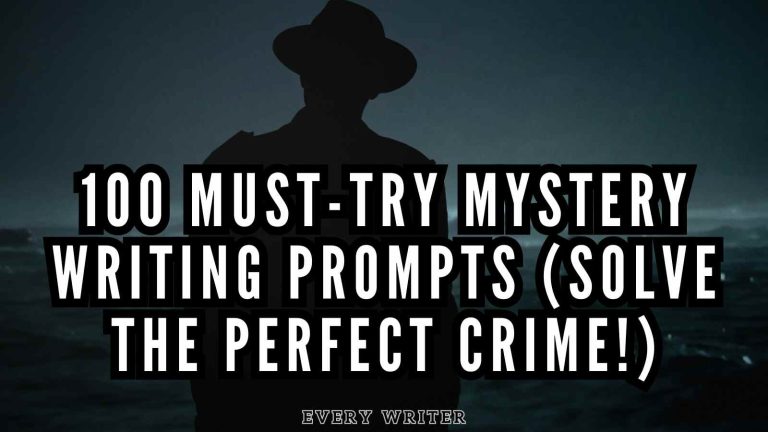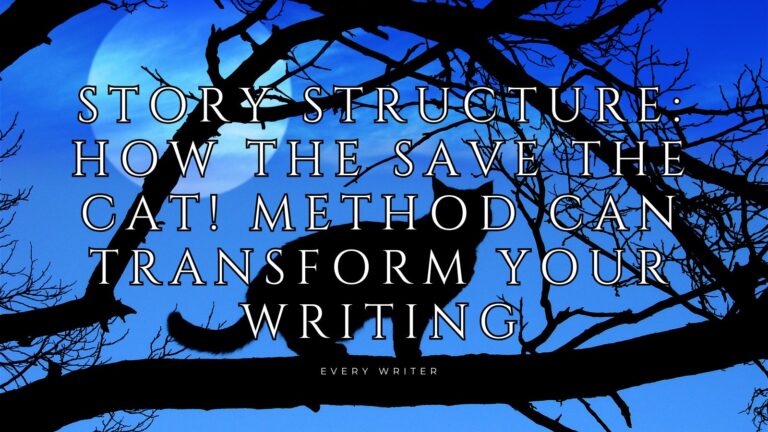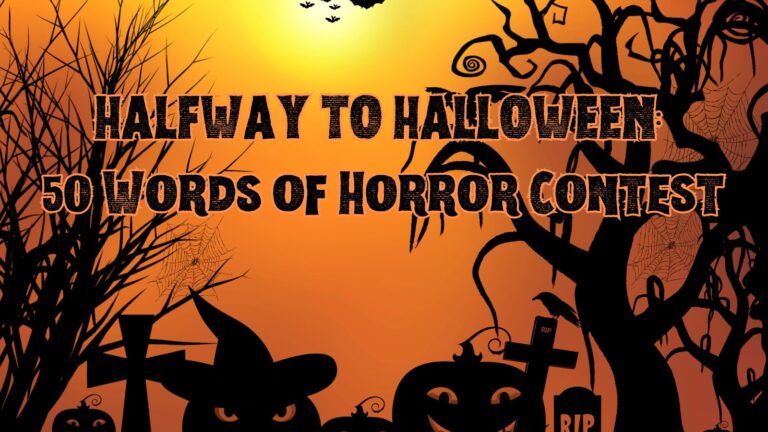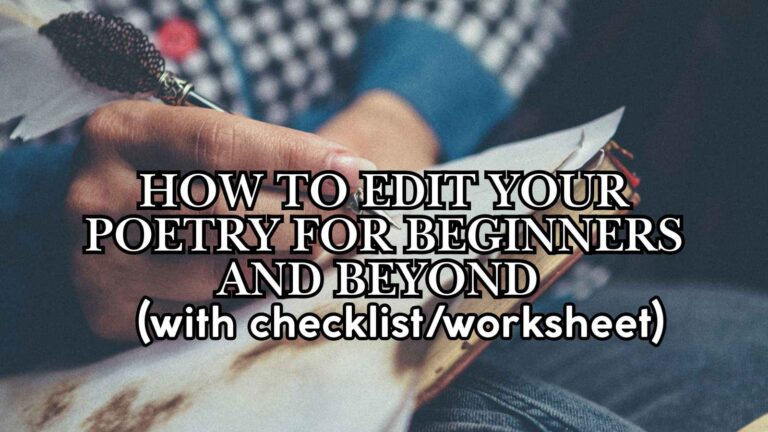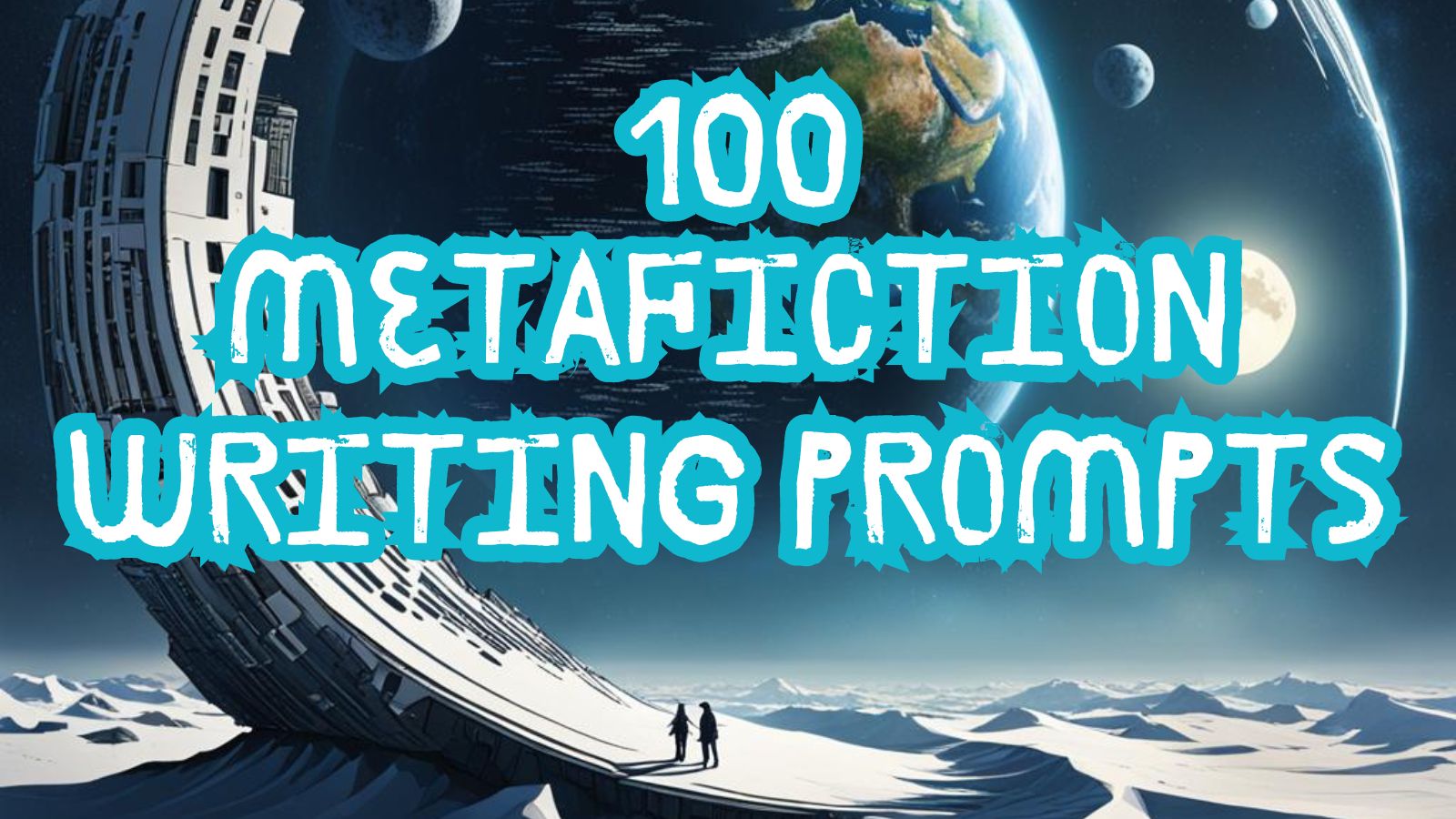
100 Metafiction Writing Prompts: Metafiction, a literary device that has captivated readers and writers alike, blurs the lines between reality and fiction, inviting us to question the very nature of storytelling. This self-referential style of writing breaks the fourth wall, exposing the artifice of the narrative and challenging traditional literary conventions. By exploring the complex relationship between the author, the reader, and the characters, metafiction offers a unique and thought-provoking reading experience that demands active engagement and reflection.
The following list of 100 metafiction writing prompts is a treasure trove of inspiration for writers seeking to delve into the realm of self-aware storytelling. These prompts encourage writers to play with the boundaries of fiction, subverting reader expectations and creating multi-layered narratives that interrogate the very act of writing itself. From characters who rebel against their authors to stories told through unconventional mediums like footnotes and book reviews, these prompts offer endless possibilities for experimentation and creativity.
Whether you’re a seasoned writer looking to explore new literary frontiers or a curious reader eager to immerse yourself in the mind-bending world of metafiction, these prompts serve as a gateway to a fascinating and often surreal landscape. They invite you to question the role of the author, the power dynamics between creator and creation, and the ways in which fiction shapes our understanding of reality. By engaging with these prompts, you’ll embark on a journey of self-discovery, challenging your assumptions about the nature of storytelling and the boundaries of the written word.
As you explore these metafiction writing prompts, prepare to be surprised, challenged, and inspired. Each prompt is a doorway to a new literary dimension, where the rules of traditional storytelling are bent, broken, and reimagined. Whether you’re crafting a satirical take on the publishing industry, a mind-bending choose-your-own-adventure story, or a deeply philosophical commentary on the relationship between language and reality, these prompts will help you push the boundaries of your creativity and explore the limitless possibilities of metafiction.
So, dear writer, take a deep breath, let your imagination run wild, and dive into the exhilarating world of metafiction. These 100 writing prompts are your invitation to embark on a journey of self-discovery, where the lines between author, reader, and character blur, and the very nature of storytelling is called into question. Embrace the challenge, revel in the absurdity, and let these prompts guide you on an unforgettable literary adventure that will leave you questioning everything you thought you knew about the art of writing.
Here are 100 Metafiction writing prompts:
- A character discovers they are part of a story and tries to change the plot.
- The author becomes a character in their own novel.
- A book’s characters are aware of the reader and directly address them.
- The story is told through a series of footnotes that contradict the main text.
- A character escapes from one book and enters another.
- The narrator is unreliable and constantly lies to the reader.
- The story is a palindrome, reading the same forwards and backwards.
- The protagonist is a writer struggling to finish the very book the reader is holding.
- The book is a choose-your-own-adventure story that breaks the fourth wall.
- The characters are aware they are archetypes and discuss their roles.
- The story is a commentary on the process of writing and publishing.
- The book is a mystery where the reader must solve clues hidden in the text.
- The characters are aware of literary devices and comment on them.
- The author is a character who is writing the story as it unfolds.
- The story is a deconstruction of a classic fairy tale.
- The book is a satire of the publishing industry.
- The characters are aware of the reader’s expectations and deliberately subvert them.
- The story is told through a series of book reviews that reveal the plot.
- The protagonist is a critic who must review the book they are in.
- The book is a collection of interconnected short stories that form a metanarrative.
- The characters are aware of genre tropes and discuss them.
- The story is a commentary on the relationship between the author and the reader.
- The book is a parody of a famous literary work.
- The characters are aware of their own fictionality and discuss it.
- The story is told through a series of emails between the author and editor.
- The protagonist is a librarian who must catalog the very book they are in.
- The book is a satire of literary prizes and awards.
- The characters are aware of the author’s other works and make references to them.
- The story is a commentary on the power of storytelling.
- The book is a metafictional detective story where the crime is a plot hole.
- The characters are aware of the limitations of language and struggle to express themselves.
- The story is told through a series of book club discussions about the book itself.
- The protagonist is a bookseller who must sell the very book they are in.
- The book is a satire of the creative writing process.
- The characters are aware of the reader’s presence and try to engage them in conversation.
- The story is a commentary on the relationship between fiction and reality.
- The book is a collection of poems that tell a metafictional story.
- The protagonist is an editor who must fix the errors in the very book they are in.
- The story is told through a series of marginalia left by previous readers.
- The characters are aware of their own mortality and discuss the end of the story.
- The book is a satire of literary adaptations and retellings.
- The story is a commentary on the role of the narrator in fiction.
- The protagonist is a translator who must translate the very book they are in.
- The book is a metafictional romance where the characters fall in love with the reader.
- The characters are aware of their own character arcs and discuss them.
- The story is told through a series of book cover designs that reveal the plot.
- The protagonist is a censor who must redact parts of the very book they are in.
- The book is a satire of fan fiction and online writing communities.
- The characters are aware of their own symbolism and discuss their significance.
- The story is a commentary on the relationship between the author and their characters.
- The book is a collection of book reviews written by the characters themselves.
- The protagonist is a book thief who steals the very book they are in.
- The story is told through a series of literary critiques of the book itself.
- The characters are aware of the author’s writer’s block and try to help them overcome it.
- The book is a satire of the publishing industry’s obsession with trends and marketability.
- The story is a commentary on the role of the reader in creating meaning.
- The protagonist is a ghostwriter who must write the very book they are in.
- The book is a metafictional thriller where the characters are hunted by the author.
- The characters are aware of their own intertextuality and make references to other works.
- The story is told through a series of author interviews about the book itself.
- The protagonist is a fact-checker who must verify the events of the very book they are in.
- The book is a satire of literary criticism and academic discourse.
- The characters are aware of their own unreliability and discuss the nature of truth.
- The story is a commentary on the relationship between language and reality.
- The book is a collection of fictional book blurbs that tell a metanarrative.
- The protagonist is a proofreader who must correct the errors in the very book they are in.
- The story is told through a series of book-related social media posts.
- The characters are aware of their own character development and discuss their growth.
- The book is a satire of the author’s own writing process and habits.
- The story is a commentary on the relationship between the author and their work.
- The protagonist is an audiobook narrator who must perform the very book they are in.
- The book is a metafictional dystopia where the characters rebel against the author.
- The characters are aware of the story’s themes and discuss their significance.
- The story is told through a series of fictional author bios that reveal the plot.
- The protagonist is a book conservator who must repair the very book they are in.
- The book is a satire of the literary canon and classic works.
- The characters are aware of their own character flaws and discuss them.
- The story is a commentary on the relationship between fiction and escapism.
- The book is a collection of fictional book dedications that tell a metanarrative.
- The protagonist is a literary agent who must represent the very book they are in.
- The story is told through a series of fictional copyright pages.
- The characters are aware of their own dialogue and discuss the art of conversation.
- The book is a satire of the author’s own literary influences and inspirations.
- The story is a commentary on the relationship between the author and their audience.
- The protagonist is a book illustrator who must illustrate the very book they are in.
- The book is a metafictional love story where the characters fall in love with each other.
- The characters are aware of their own setting and discuss the importance of place.
- The story is told through a series of fictional author acknowledgments.
- The protagonist is a book designer who must design the cover of the very book they are in.
- The book is a satire of the author’s own writing quirks and habits.
- The characters are aware of their own story structure and discuss the nature of plot.
- The story is a commentary on the relationship between the author and their craft.
- The book is a collection of fictional epigraphs that tell a metanarrative.
- The protagonist is a book publicist who must promote the very book they are in.
- The story is told through a series of fictional author interviews.
- The characters are aware of their own character names and discuss their significance.
- The book is a satire of the author’s own genre and writing style.
- The story is a commentary on the relationship between the author and their legacy.
- The protagonist is a book blogger who must review the very book they are in.
- The book ends with the author revealing that the entire story was a work of metafiction.
In conclusion, the 100 metafiction writing prompts presented in this list serve as a powerful tool for writers to explore the boundless possibilities of self-aware storytelling. By engaging with these prompts, writers can challenge themselves to break free from the confines of traditional narrative structures and experiment with innovative techniques that push the boundaries of fiction. Metafiction allows writers to create multi-layered stories that not only entertain but also provoke deeper reflection on the nature of reality, the power of language, and the complex relationship between the author, the reader, and the characters.
Practicing metafiction is essential for writers who wish to expand their creative horizons and develop a unique voice in their work. By embracing the self-referential nature of metafiction, writers can explore the intricacies of the writing process itself, shedding light on the challenges, triumphs, and absurdities that come with the territory. Metafiction encourages writers to be more self-aware, to question their own assumptions about storytelling, and to approach their craft with a sense of playfulness and experimentation. Through metafiction, writers can create stories that are not only engaging but also thought-provoking, challenging readers to actively participate in the construction of meaning.
Moreover, metafiction is a powerful tool for social commentary and critique. By subverting traditional narrative conventions and exposing the artifice of storytelling, metafiction can be used to interrogate societal norms, challenge power structures, and offer fresh perspectives on complex issues. Through metafiction, writers can create stories that are not only entertaining but also deeply meaningful, encouraging readers to question their own beliefs and assumptions about the world around them.
In a world where the lines between reality and fiction are increasingly blurred, the practice of metafiction becomes all the more relevant and necessary. By exploring the complex relationship between art and reality, metafiction helps us make sense of the world we live in, providing a framework for understanding the stories we tell ourselves and the stories that shape our lives. As writers, embracing metafiction allows us to be more honest, more authentic, and more engaged with the world around us, creating stories that resonate with readers on a deeper level.
So, dear writer, as you embark on your journey through these 100 metafiction writing prompts, remember that you are not only honing your craft but also contributing to a rich and vibrant literary tradition. By practicing metafiction, you are pushing the boundaries of what is possible in storytelling, challenging yourself to be more creative, more self-aware, and more engaged with the world around you. Embrace the power of metafiction, let your imagination run wild, and create stories that will leave a lasting impact on your readers. The possibilities are endless, and the rewards are immeasurable. We love your creativity, so leave us something in the comments, and we have many other writing prompts on our site.
- Story Structure: How the Save the Cat! Method Can Transform Your Writing - April 23, 2025
- HALFWAY TO HALLOWEEN: 50 Words of Horror Contest - April 22, 2025
- How to Edit your poetry for beginners and beyond (with worksheet) - April 18, 2025

